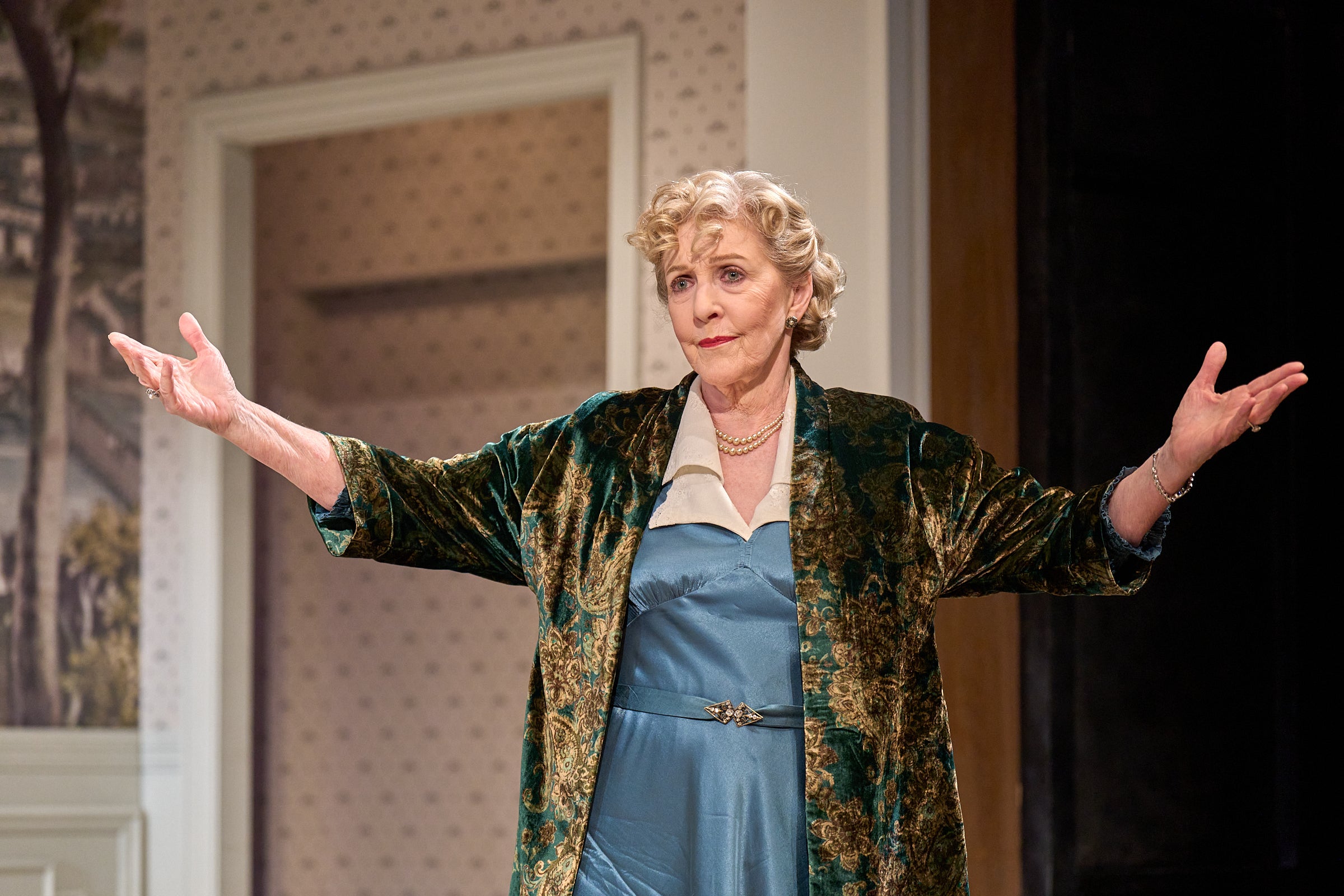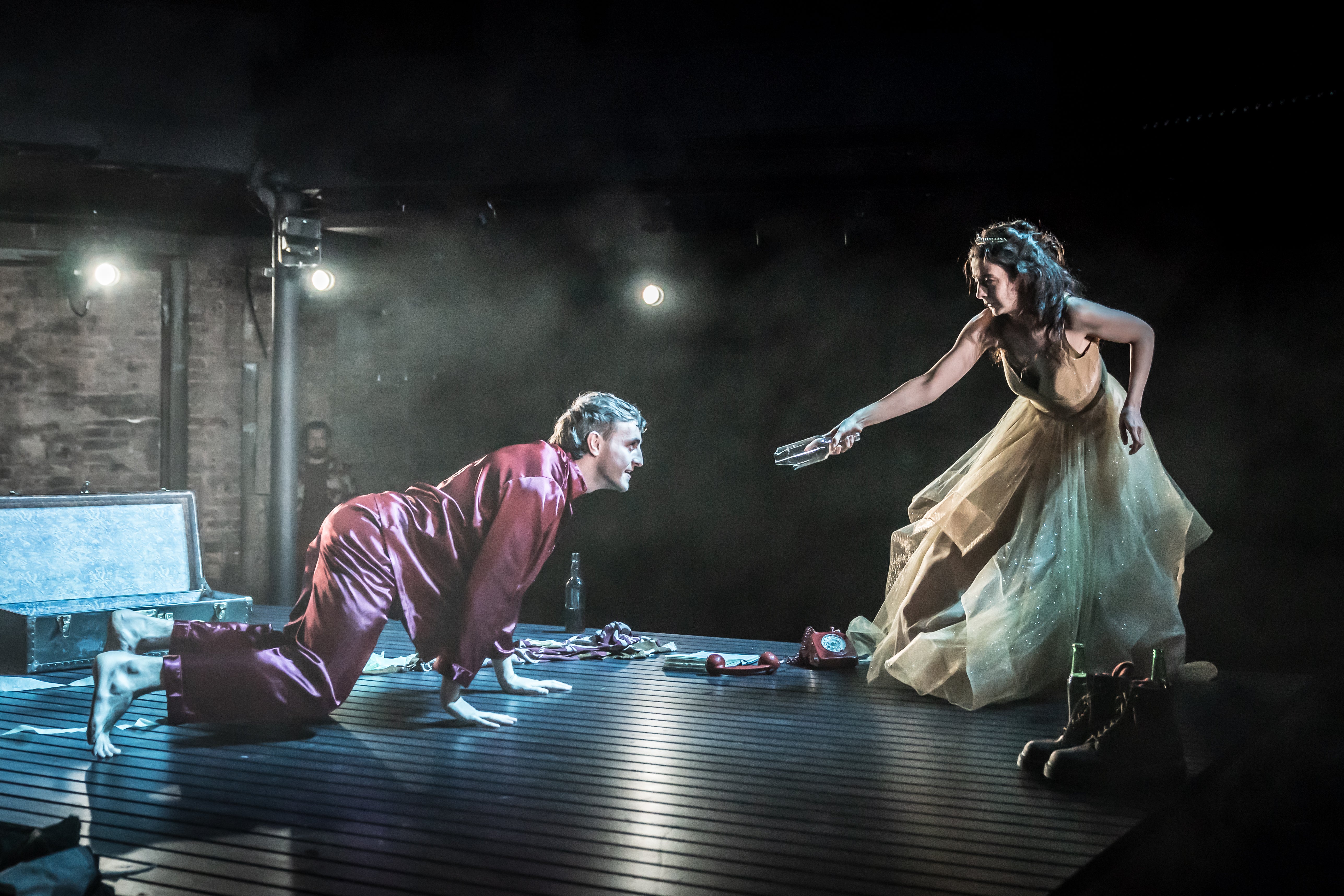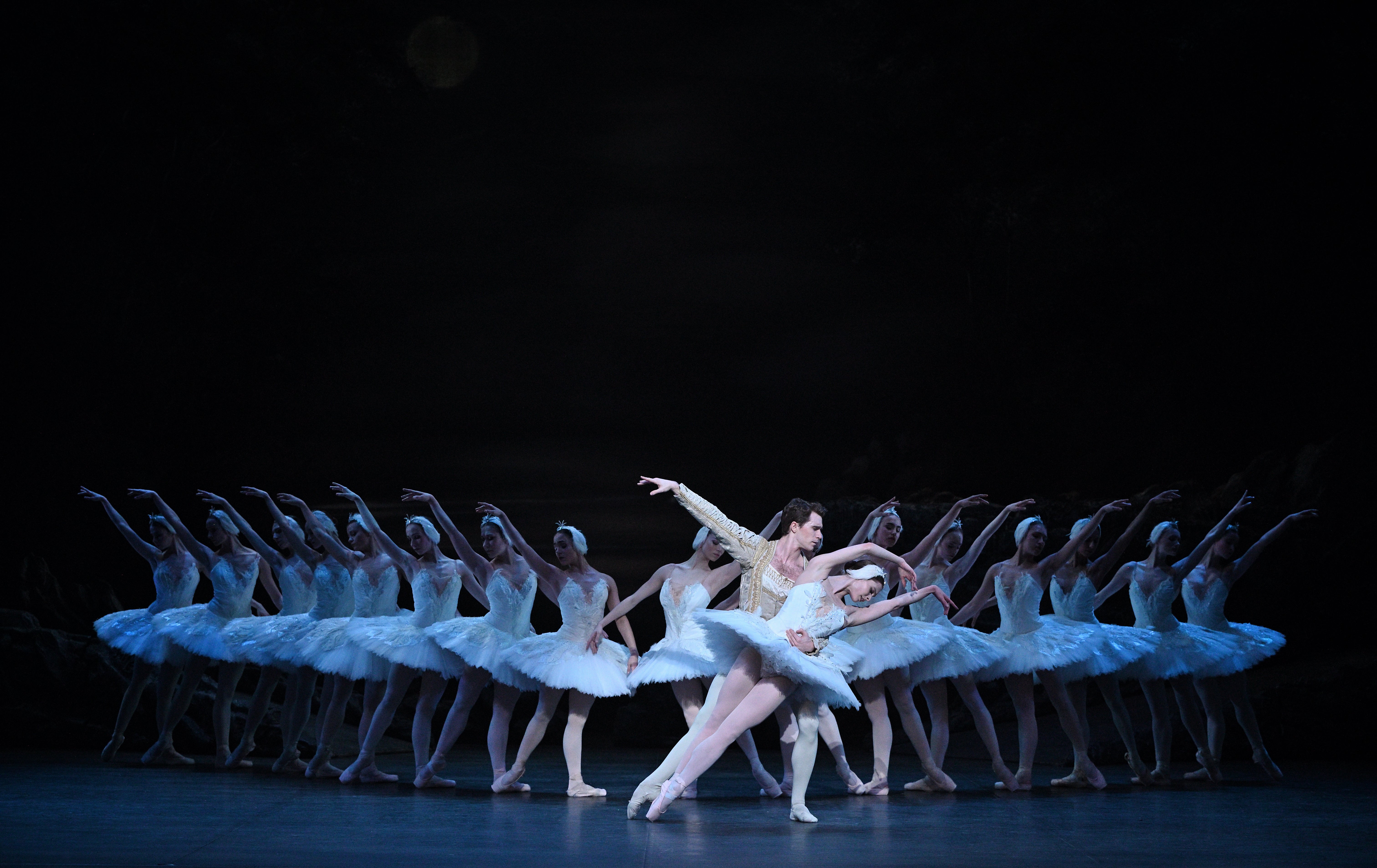The Week on Stage: From A Streetcar Named Desire to Watch on the Rhine
A guide to the week’s theatre

This week, Paul Mescal plays Stanley in the Almeida’s long-awaited Streetcar revival, the Donmar brings back a neglected Lillian Hellman play, and the English National Ballet starts the year with a confident take on a classic.
Watch on the Rhine – Donmar Warehouse ★★★★☆
History was about to be made when Lillian Hellman wrote Watch on the Rhine in 1941. The United States hadn’t yet entered the war when she imagined the story of an American woman who has crossed borders with her German family to seek sanctuary at her old family pile. Her husband is “an anti-fascist – and that doesn’t pay very well”, while their children are familiar with being in hiding and think breakfast is a novelty. Ellen McDougall’s revival at the Donmar, which marries classy performances with a great clarity of purpose and focus, is an unexpected pleasure.
As the family matriarch Fanny, reunited with her daughter Sara after 20 years, Patricia Hodge devours the best lines. “Are these your children, or dressed-up adults?” she enquires. Mark Waschke, as the anti-Nazi who has turned his family’s life upside down, is battle-scarred but unwavering, the kind of man you’d follow on a quest. “Ideals – I don’t like the word. Gives me the picture of a small pale man at a seaside resort,” he remarks at one point. Caitlin FitzGerald breathes urgency and compassion into the role of Sara, and Kate Duchêne is a gentle comic presence as housekeeper Anise.

Some critics have complained that this is a dusty drawing-room curiosity, and it’s a valid fear at the start of the first half. But it quickly becomes apparent that this isn’t a play to write off. The dialogue is too smart, the wild gear-changes too intriguing, the intention – at Hellman’s time of writing – too audacious. At one point, Sara becomes exhausted by the polite conversations about politics. “It’s an indulgence to sit in rooms and discuss your views as though they’re a juicy piece of gossip,” she snaps. By the end of the play, it’s an indulgence these characters no longer have. Jessie Thompson
A Streetcar Named Desire – Almeida Theatre ★★★★☆
“I don’t want realism. I want magic!” declares Blanche DuBois. And I don’t want Normal People – I want Streetcar. Paul Mescal, who became a global obsession following his role in the TV adaptation of Sally Rooney’s novel, is truly transformed in Rebecca Frecknall’s intense production of Tennessee Williams’s play. His Stanley Kowalski radiates with rage, wearing his psychopathy on his sleeve, with a menacing sexuality that could stop traffic – or make you run and hide. Connell’s silver chain lies in tatters. It’s entrancing to watch.
Frecknall places the action in the round, where actors watch from the sidelines or pace impatiently. Above the Almeida stage sits a drum kit; every so often, there’s a thunder crash that’s just a bit too loud. It’s a fitting touch for a Streetcar that wants to wake up its disconcerted characters, in which Blanche, Stella and Stanley seem helplessly trapped in a cycle of sex and violence.

Lydia Wilson had been due to play Blanche, but an injury forced her to withdraw. Patsy Ferran, who won an Olivier for her role in Frecknall’s revelatory Summer and Smoke – another Williams revival – has taken up the mantle at the 11th hour and it doesn’t show at all. Her reading of the character is deeply intelligent and throws off all the usual breathy clichés. This is a woman who is worldly wise and rational. Her loss of control is all the more pronounced when Stanley successfully sabotages her life. As Stella, Anjana Vasan – who also starred in Summer and Smoke– is smart too, living for the electricity between her and Stanley but increasingly wary of when the fuse might blow.
After her extraordinary Cabaret, this Streetcar is another signal that Frecknall is a director with thrilling insights into the works we think we know. But it also shows that she can draw out impressive performances from repeat collaborators such as Ferran and Vasan. After his cruel and brilliant Stanley, Mescal would be a very welcome addition to a brigade of actors realising the work of one of the most exciting directors around. JT
Swan Lake – London Coliseum ★★★★☆
English National Ballet welcomes the new year, and a new director, with a confident Swan Lake. Aaron S Watkin inherits a company in good shape. Under Tamara Rojo, it has upped its reputation and profile, particularly through bold commissions of new work. But the big, traditional productions are still the company’s bread and butter. In this revival, it’s at home with the technical demands of the world’s favourite ballet.
Emma Hawes is a long-limbed, thoughtful Swan Queen. She unfurls into the grand swan poses, with delicate preening gestures – a woman still remembering her transformation into a swan. In her duet with Aitor Arrieta’s prince, she shows the pull of different emotions: her fear as she glances aside, looking out for threats, and the gradual way she relaxes into intimacy.

Derek Deane’s production offers a clear, unfussy framework for the dancing, based on the traditional text by Marius Petipa and Lev Ivanov. Peter Farmer’s feathery landscapes and richly embroidered costumes evoke a medieval world. Daniel Parkinson conducts the company’s own orchestra in Tchaikovsky’s beloved score, with some rich tone and bubbling solo work.
The corps de ballet are on strong form. There’s a bright energy to the peasant dances, and some gusto to the national dances during the ball scene, particularly an assured czardas. But the swans are the highlight, dancing with power and collective drama. Flooding onto the stage, they move with clarity and a sense of flight. Zoe Anderson






Join our commenting forum
Join thought-provoking conversations, follow other Independent readers and see their replies
Comments